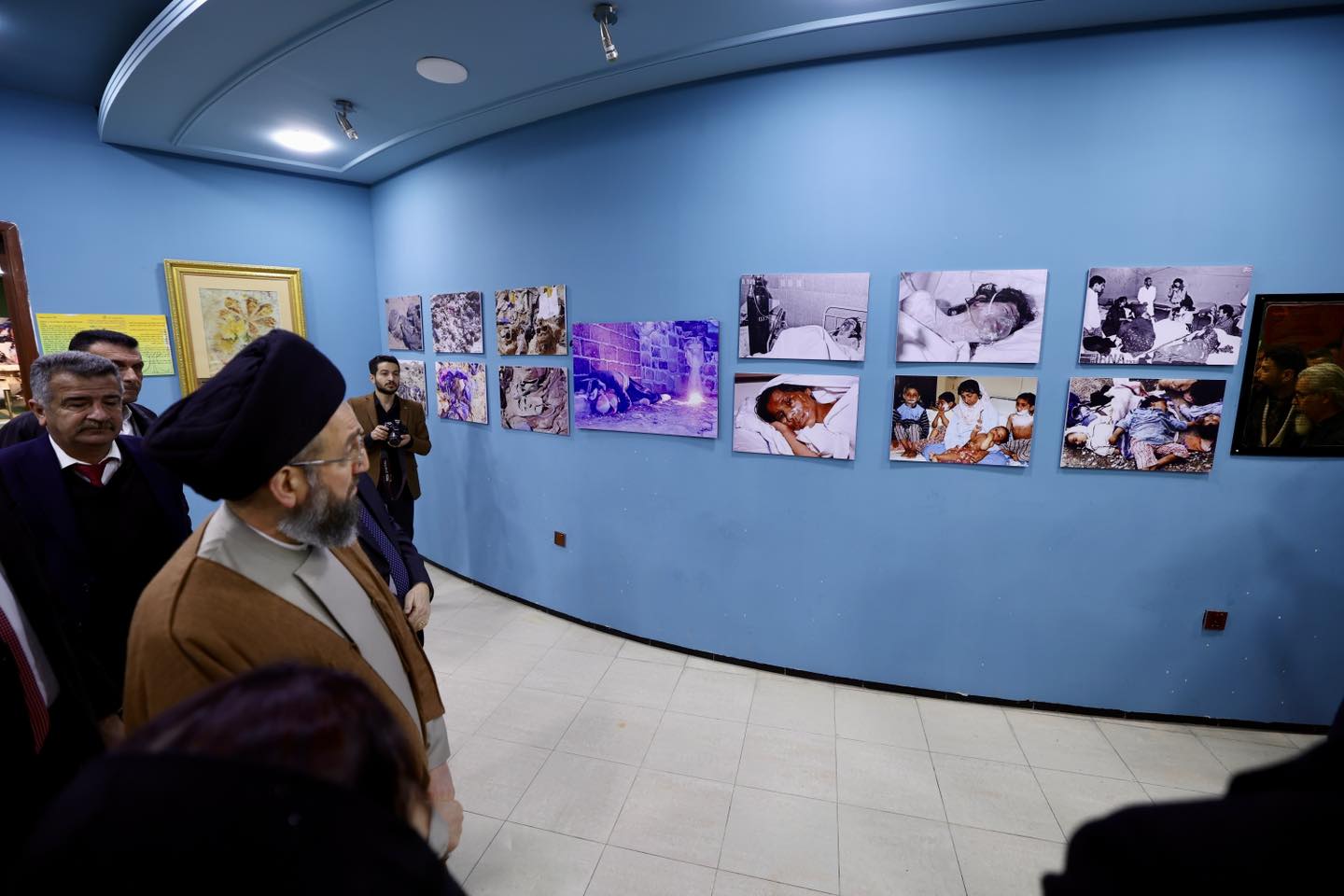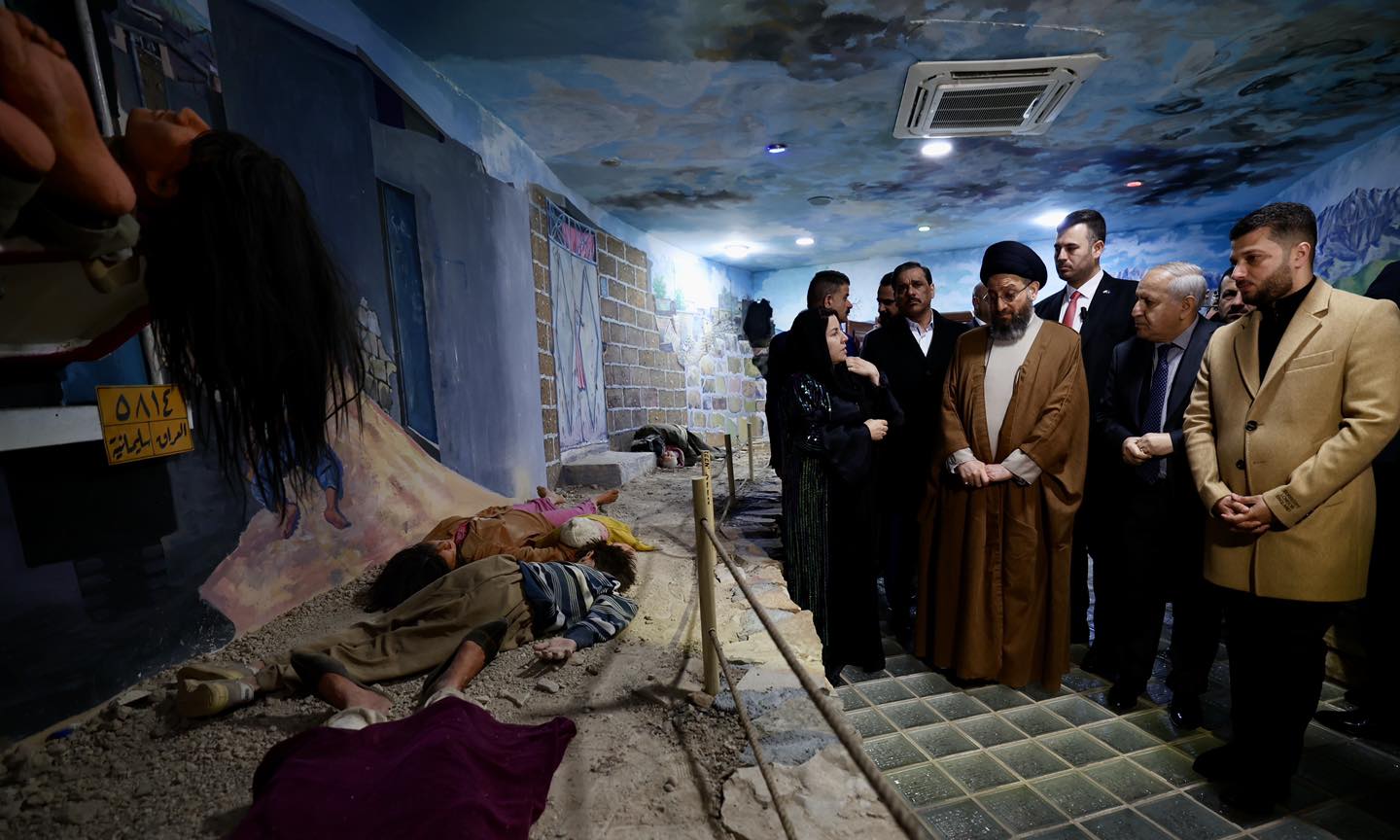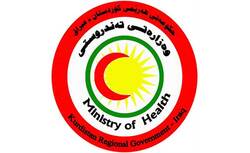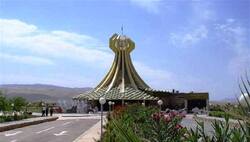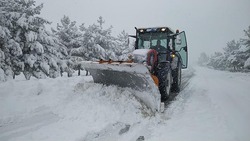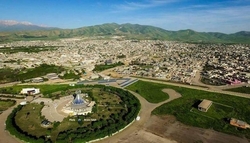Iraq's Wisdom Movement backs Halabja’s recognition as a province
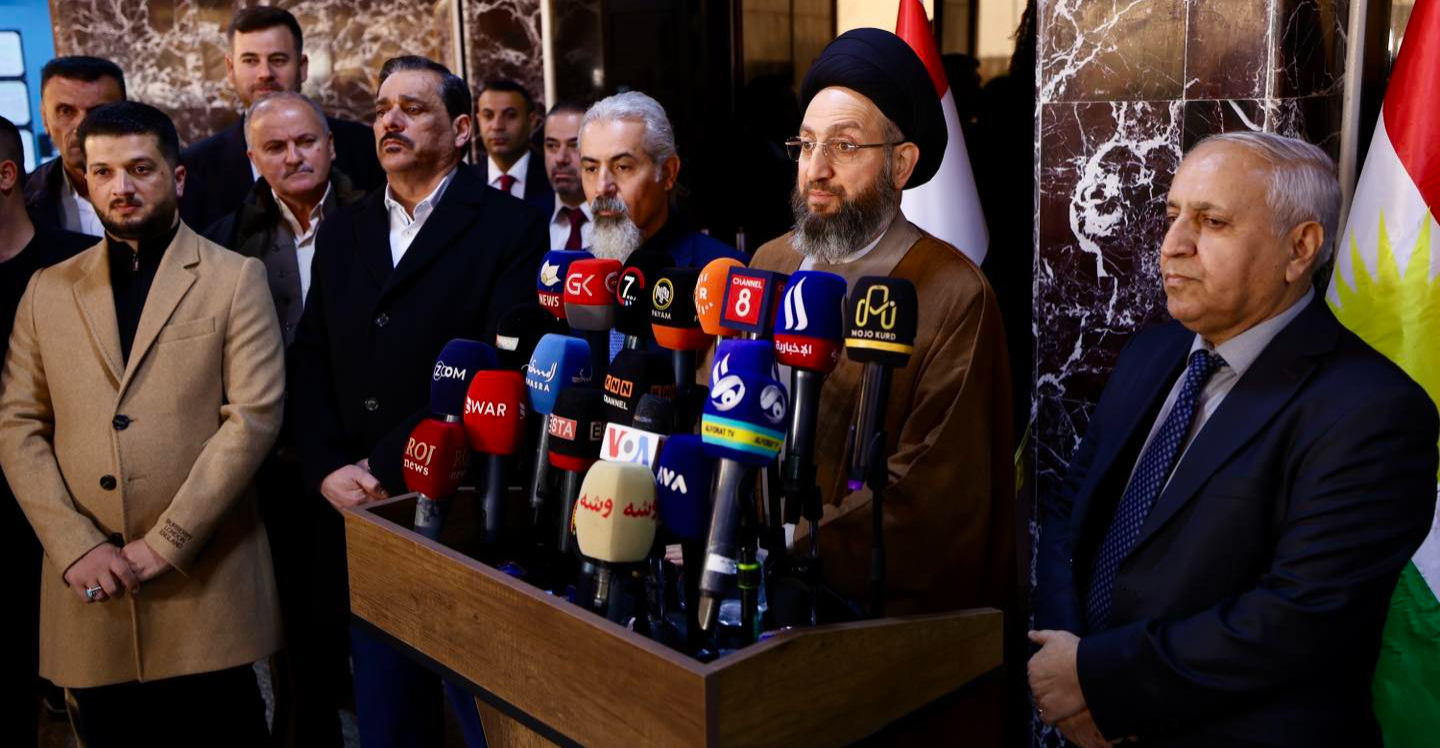
Shafaq News/ On Wednesday, Iraq's National Wisdom Movement (Al-Hikma) leader Ammar al-Hakim expressed his support for the Parliament's vote to establish Halabja, located 250 kilometers north of Baghdad, as a province.
Iraq is divided into 18 provinces, which are further subdivided into districts and sub-districts. If officially recognized, Halabja would become the 19th province.
During his visit to the Halabja Memorial Monument honoring the victims of the chemical attack carried out by Iraq’s former regime, Al-Hakim stated at a press conference, "The Halabja crime is an assault on humanity and a tragedy that demands greater awareness. We have entrusted the people of Halabja, especially the younger generations, with the responsibility of sharing its story with the world, as many remain unaware of it."
"Halabja needs healthcare centers, environmental facilities, and psychological rehabilitation services," he added, calling for "a vote to recognize it as an Iraqi province, which would increase its allocations, create investment opportunities, and provide the best way to honor the families of the martyrs."
Halabja’s Journey Toward Provincial Status
On March 13, 2023, Prime Minister Mohammed Shia Al-Sudani announced the cabinet’s approval of a draft law to establish Halabja as a province and its referral to Parliament for a vote. However, Parliament was unable to convene a session to pass the law.
Halabja holds special significance for the Kurds due to the chemical bombardment it endured under the former regime. In June 2013, the Kurdistan Regional Government designated Halabja as a province, with its administrative center in the city of Halabja. It encompasses the districts of Halabja, Sharazur, Penjwen, and Said Sadiq, which were previously part of Al-Sulaymaniyah Province. However, the federal government has yet to officially recognize it as a province.
On March 13, 2014, Nechirvan Barzani, the President of the Kurdistan Region and then Prime Minister, signed the decision to establish Halabja as the Kurdistan Region’s fourth province. The announcement came three days ahead of the anniversary of the chemical attack on Halabja.
Halabja Chemical Attack
On March 16, 1988, Iraqi fighter jets bombarded Halabja for five hours, deploying a mix of mustard gas, sarin, and nerve agents, leaving 5,000 dead, mostly women and children, and thousands more injured.
In January 2010, Ali Hassan al-Majid, known as "Chemical Ali" and cousin to then-President Saddam Hussein, was sentenced to death and executed for his role in the massacre.
The attack, known as genocide, was the largest chemical strike against a civilian population of a single ethnic group, targeting Kurds with the intent to punish—a characteristic that aligns with the international definition of genocide, which requires intent to harm a specific group based on ethnicity. The assault took place during the closing days of the Iran-Iraq War, which had spanned eight years.
Although many years have passed, the city's 200,000 residents still suffer from the tragedy's aftermath, including 486 victims living in severe health conditions, according to the head of Halabja's Chemical Attack Victims' Association, Luqman Abdul-Qader.
